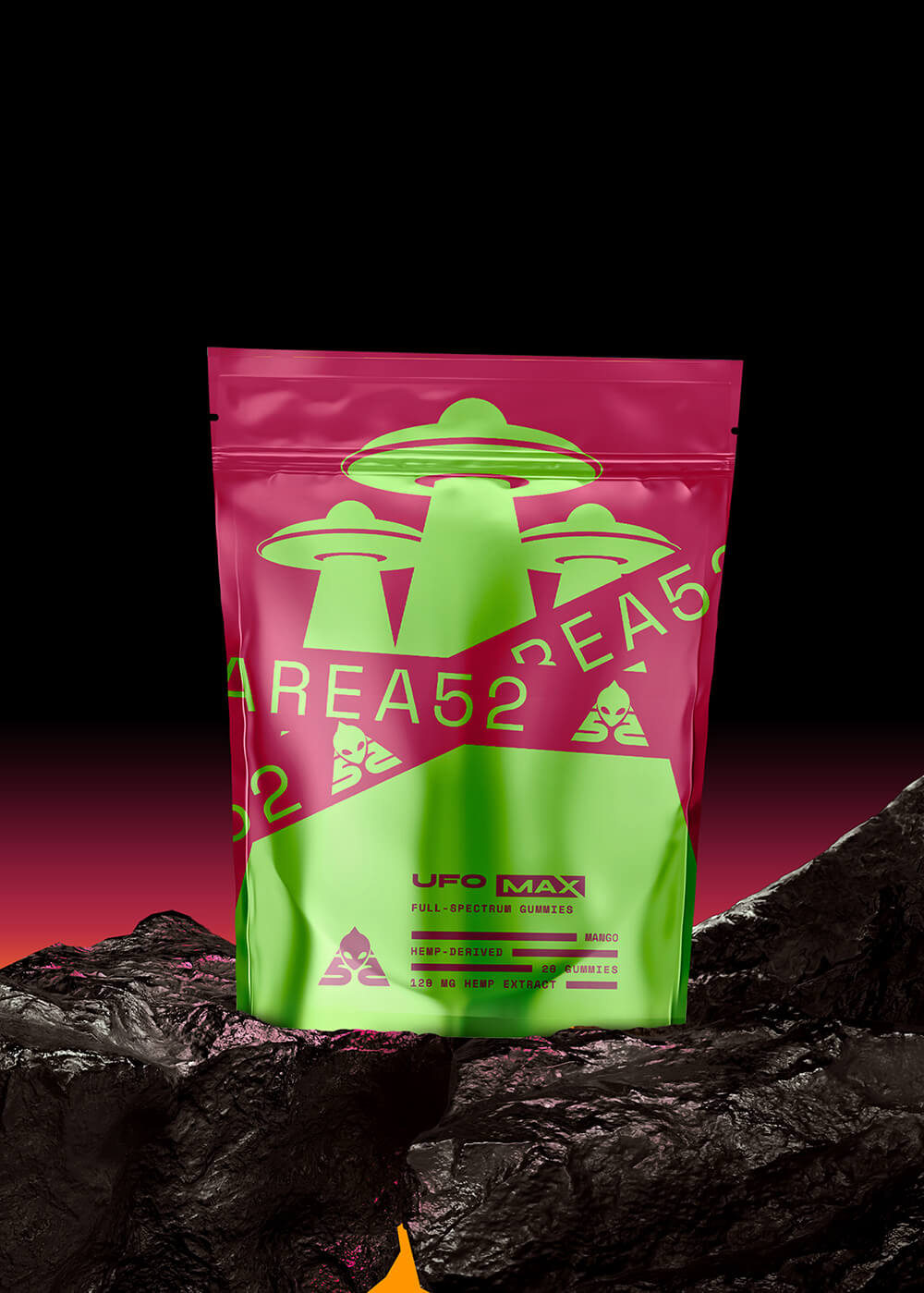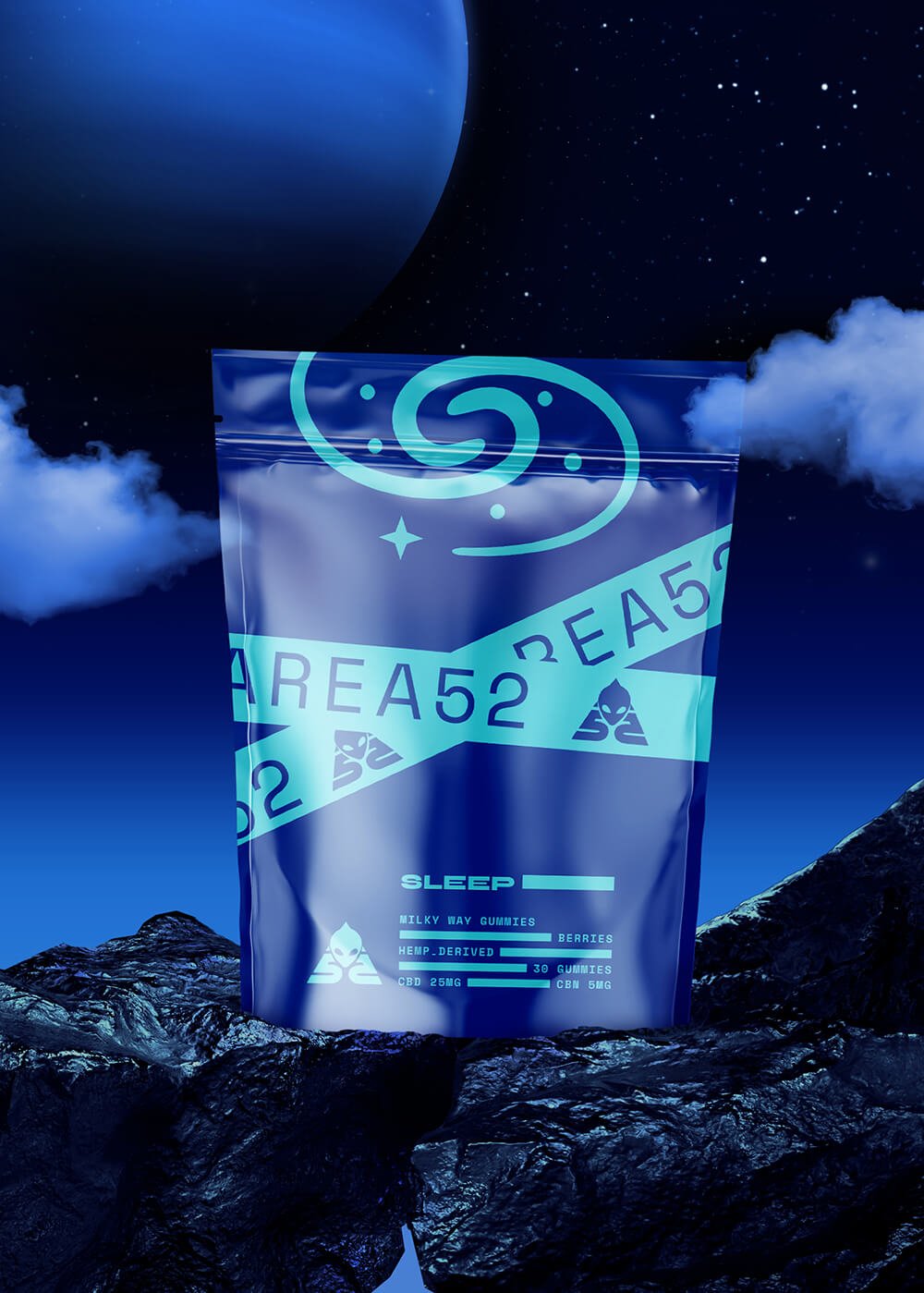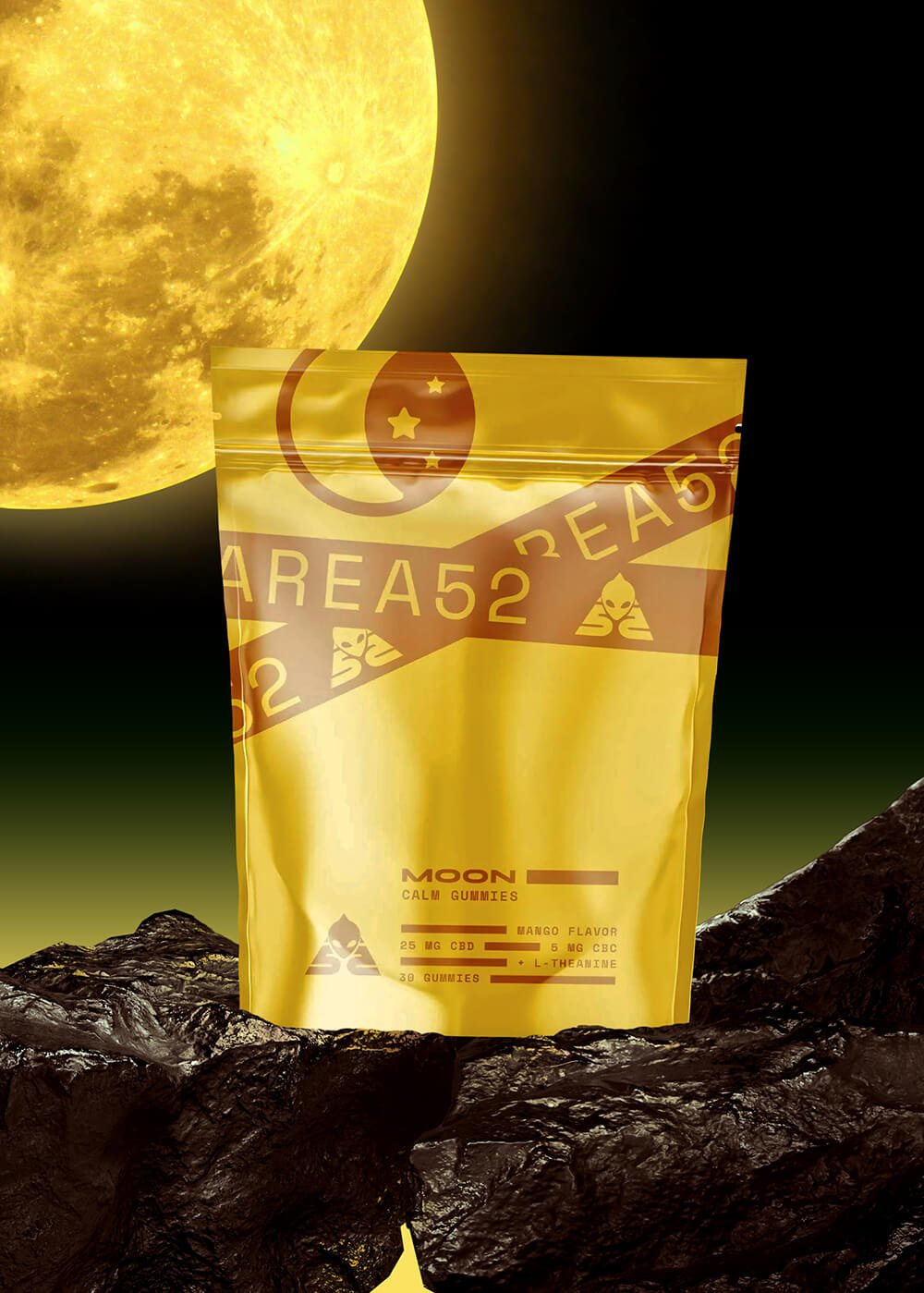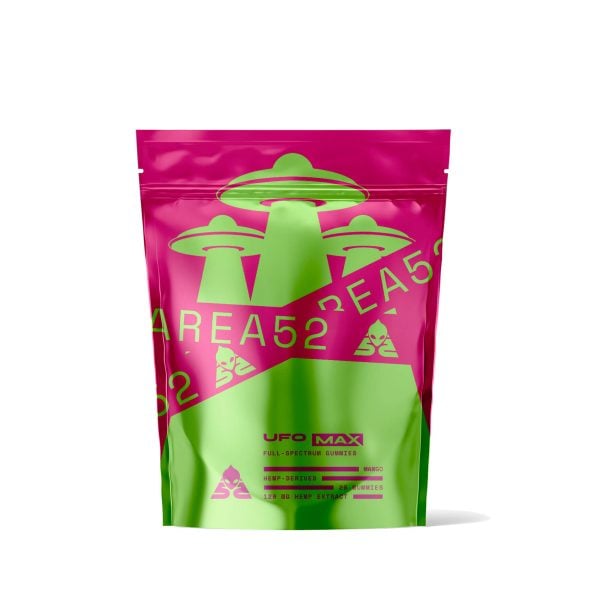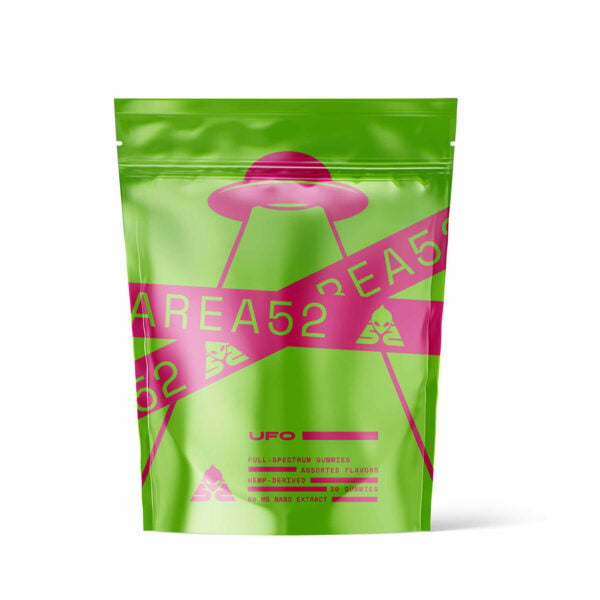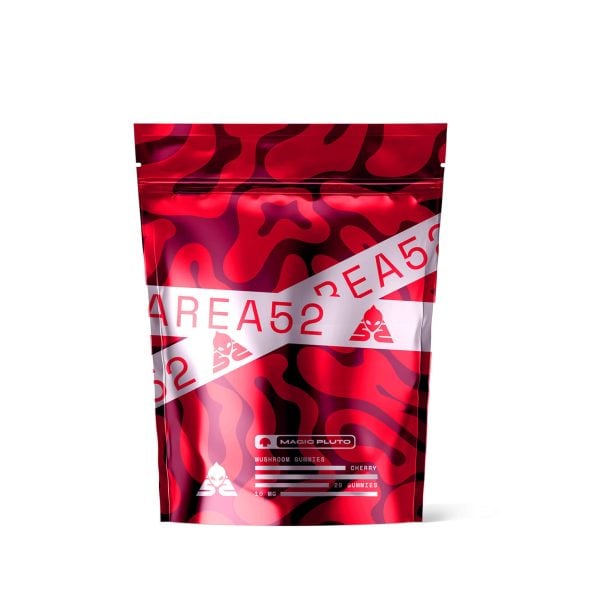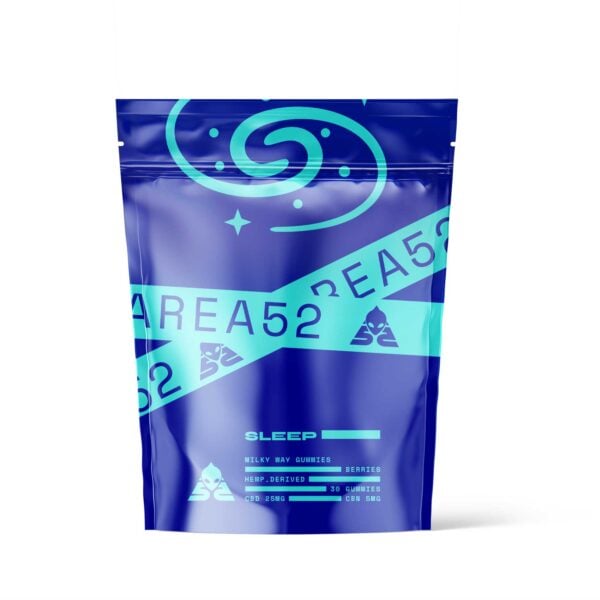Delta 8 THC in Arkansas: Is It Legal & Where to Buy in 2025?
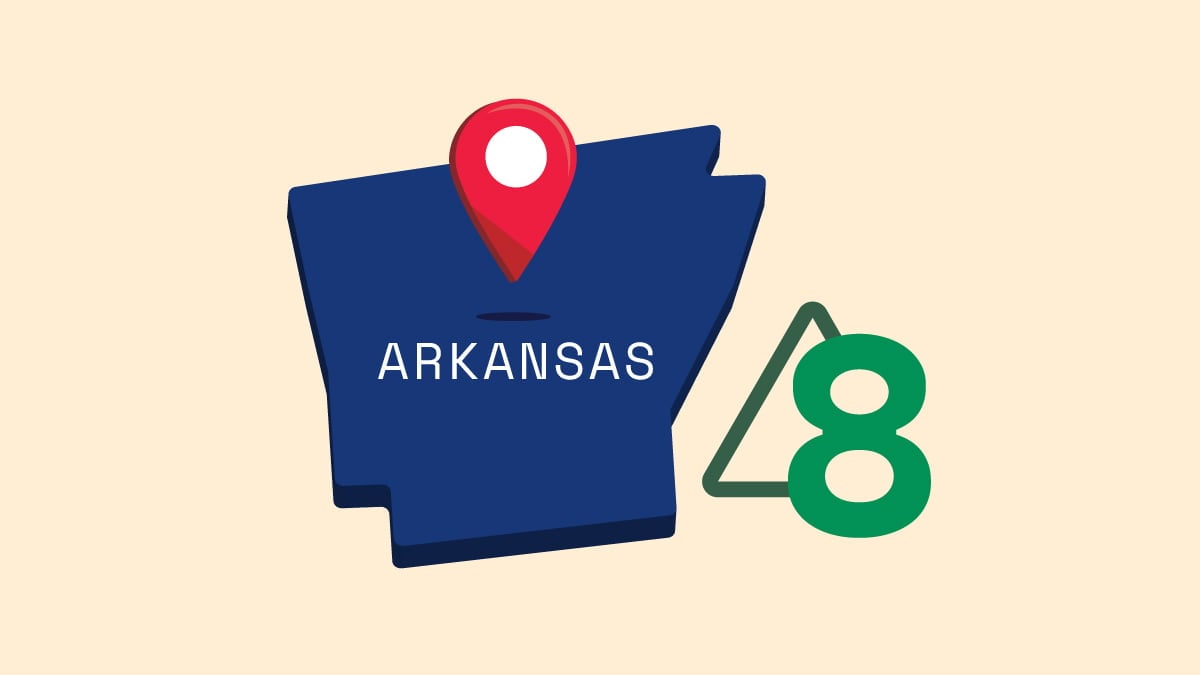
Delta 8 THC was considered legal in Arkansas for several years. State lawmakers moved to ban it in 2023, but a federal judge blocked the new law from taking effect, and for months after that, delta 8 THC products had a legal status and were temporarily allowed in the state. However, a court ruling in June 2025 reversed the freeze, which now makes delta 8 illegal in the state.
Laws surrounding hemp and hemp derived products are very confusing, unconstitutionally vague, and difficult for a layman to understand. Since it’s federally legal, one can assume that the states will follow the lead, adopting state regulations similar to the federal government’s, but that’s not true in some cases. The Federal Farm Bill of 2018 explicitly mentions that cannabinoids derived from the hemp plant as well as other hemp derivatives are legal. However, the Drug Enforcement Administration issued a statement mentioning that cannabinoids derived synthetically would still be treated as a prohibited substance and listed as such in the Controlled Substances Act.
And that’s where the confusion begins. Since delta 8 THC is made using CBD and not extracted directly from hemp plants, the state of Arkansas has chosen to interpret that it is a controlled substance and therefore made it illegal. The ban did not push through because of Judge Roy Wilson’s ruling, a federal court judge who stopped the enforcement of Act 629. But in mid-2025, the ban is back in full swing and stores are ordered to remove such products from their shelves.
Is Delta 8 Legal in Arkansas?
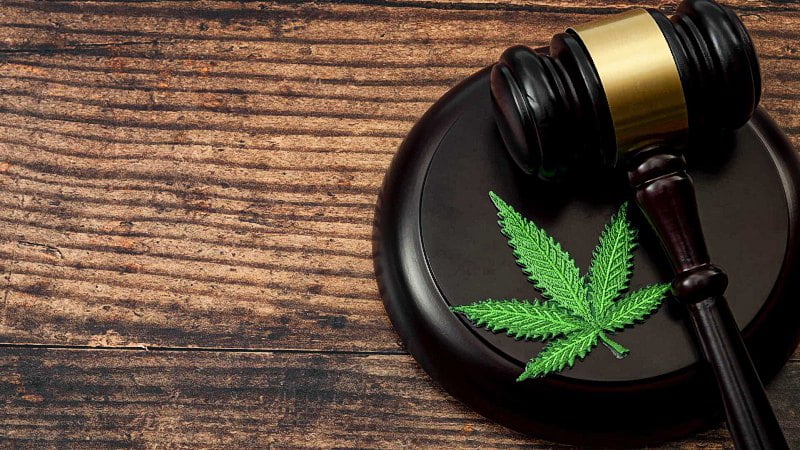
Delta 8 THC is now illegal under Arkansas law.
The state’s hemp regulation, rules, and regulatory framework initially aligned with the 2018 Farm Bill, which legalized hemp and all its parts, including flowers, leaves, stalks, stems, and derivatives. It also legalized hemp derived cannabinoids, their isomers, and their acids, among others. Simply put, this means that industrial hemp is now federally legal under the Farm Bill, provided its THC level doesn’t exceed 0.3% on a dry weight basis.
When state lawmakers passed the bill, hemp was also removed from the list of controlled substances, allowing legal hemp cultivation across the country. Not only did this create a more robust hemp industry but also boosted hemp production.
But this also created a loophole, a legal gray area that allowed the sale and use of hemp products containing psychoactive compounds made from hemp. One of these is delta 8 THC, a psychoactive substance derived from hemp CBD, which became available to Arkansas residents.
Due to delta 8’s psychoactive nature and lack of proper regulation, health and safety concerns were raised, with Attorney General Tim Griffin emphasizing the potential harm its widespread availability can do to minors.
In April 2023, Senate Bill 358 was signed into law. Now called Act 629, it took effect on August 1, 2023 and effectively banned hemp-derived psychoactive cannabinoids, including delta 8 THC.
However, the ban faced legal challenges, when the cannabis industry and hemp businesses filed a lawsuit in federal court to contest the law, claiming that it was violating the US Constitution’s Commerce and Supremacy clauses.
The legal process ended in September 2023, with Judge Billy Roy Wilson, a federal judge for the Eastern District, granting a preliminary injunction to block the enforcement of the new law.
The legality of delta 8 THC temporarily remained legal in Little Rock and across Arkansas, and there’s still an ongoing struggle between regulation and prohibition of hemp-derived psychoactive cannabinoids, with the House Committee recently rejecting a House bill that would have legalized them.
However, in June 2025, the Eighth Circuit issued a new court ruling that reversed the injunction and removed the ambiguity regarding the legality of delta 8 and other psychoactive cannabinoids derived, naturally or synthetically, from hemp. These substances are now considered illegal and classified as Schedule VI drugs. Vendors and consumers alike will now be held criminally liable if caught with these products.
Where to Buy Delta 8 THC in Arkansas
Delta 8 THC is illegal in Arkansas, but if you reside in a delta 8-friendly state, the best place to source this cannabinoid is online.
Ordering online is almost always cheaper, provides a much larger selection of products, and provides access to important third-party testing for each batch of extract.
The benefits of ordering delta 8 THC online:
- Online shops have better pricing and seasonal discounts
- When you buy online you can read customer reviews & third-party tests before you buy
- Ordering online is easier and more convenient
- Online shops have a greater selection of products
- Products left on store shelves degrade more quickly
Before buying delta 8 products, always check your local laws, especially since some states like North Dakota, Rhode Island, and South Dakota have banned the cannabinoid.
Do I Need A Medical Card in Arkansas To Order Delta 8 THC?
Delta 8 THC is now illegal in Arkansas, but if you reside in a state that allows it, then you don’t need a medical cannabis card to purchase. Just make sure that you buy them from reputable sources, not from some random convenience stores or gas stations.
The market for these types of cannabis products remains unregulated, so check reviews and feedback about the company and its products. Only buy products that have undergone lab testing and ensure these come with certificates of analysis or lab test results. Lastly, make sure it’s sourced from law-compliant hemp.
If you need medical marijuana, it’s best to go through the Arkansas Department of Public Health’s processes carefully if you have underlying ailments.
To purchase products made from THC, you will need to be diagnosed with a medical condition. If your doctor is willing to write a prescription, you may have some luck. However, since it’s difficult to obtain the substance, you will have to look for other alternatives.
Recreational marijuana remains illegal in the state.
What’s The Difference Between Delta 8 THC & Delta 9 THC?
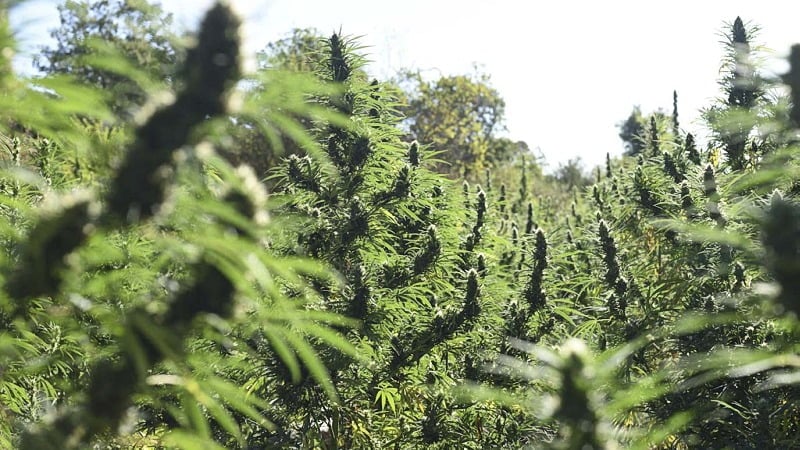
Delta 8 THC is very similar to delta 9 THC if you look at the chemical structure. However, the molecular structures of both cannabinoids differ by one single bond, which makes them react differently. Now, you know that THC is the cannabinoid responsible for the psychoactive effects cannabis produces.
In other words, it makes you “high.” Although delta 8 THC performs similarly, it removes the edge slightly, which means that you may not feel the paranoia or anxiousness you’re prone to feel when you consume delta 9 THC. This singular difference in the chemical structures of the cannabinoids plays a key role in the eyes of federal law. It also creates a lot of confusion.
Note that both delta 8 and delta 9 THC bind with the cannabinoid receptors found in the human brain to work their magic. However, the difference is that delta 8 is far weaker comparatively.
Is Marijuana (Delta 9 THC) Legal In Arkansas?
Arkansas has a medical marijuana program, but the herb remains illegal here for any nonmedical use. Fines can be pretty hefty in this state for people that don’t follow these laws.
Related: Where is marijuana legal in the United States?
Is Delta 10 THC Legal in Arkansas?
Currently, there’s no difference in the laws from one cannabinoid to another, so delta 10 THC is now also illegal like delta 8 THC in Arkansas.
The Federal law does not explicitly mention or ban specific cannabinoids like delta 8 and delta 10 THC, and Arkansas’ hemp laws align with federal laws. That said, it’s safe to say that both delta 8 and delta 10 THC are considered legal at the federal level and state level.
What’s The Future of Delta 8 THC in Arkansas?
It appears that delta 8 and delta 10 THC will remain illegal in Arkansas. Similar to big outlets like the Arkansas Times, which extensively covered the delta 8 debates, we’ll also be monitoring the evolving cannabis landscape not only in the state but across the US as well.
With that said, the US is making a broad move towards total legalization. We’re likely only a couple of years away from widespread legalization of marijuana and its derivatives — including delta 8 THC. This is going to need to come from the top-down in a similar way the changes came for CBD in late 2018. When the federal government legalizes all cannabis extracts, Arkansas and other conservative states will be forced to accept these changes into local state law.
FAQs on Delta 8 THC
Want to know more about the status of delta 8 and other common information about the cannabinoid? Then check out the short list of questions below.
1. Is Arkansas Banning Delta-8?
Delta 8 is now banned in Arkansas. A federal judge initially granted a temporary injunction to prevent enforcement, but a June 2025 ruling by the Eighth Circuit reversed it.
Products containing hemp-derived psychoactive cannabinoids are now illegal in Arkansas, even if their delta 9 THC level doesn’t exceed 0.3%.
2. Is Delta 9 Legal in Arkansas?
Yes, delta 9 sourced from hemp with no more than 0.3% THC on a dry weight basis is legal and available to all adults aged 21 years and older.
However, delta 9 from marijuana is only available to medical marijuana patients. Marijuana for adult use remains illegal in the state.
3. Is it Illegal to Cross State Lines with Delta-8?
Hemp delta 8 is technically legal at the federal level, and you can cross state borders with it. However, some states have banned the sale and use of delta 8.
That said, always check local laws before traveling with delta 8 products. Or to be safe, it’s best to simply buy them when you get to your destination state, provided it’s legal there, of course.
4. Why Do States Want to Ban Delta-8?
There are several reasons why states ban delta 8. For one, it is a psychoactive cannabinoid, although the effects are milder than delta 9’s.
The delta 8 market is highly unregulated and teeming with untested and mislabeled products, which raise public health and safety concerns.
We also lack in-depth research and studies on the benefits, safety, and risks of using delta 8. The fact that the delta 8 cannabinoid available on the market today is synthesized from hemp CBD, rather than being directly extracted from the cannabis plant, also raises concerns.
5. Is Delta 9 Stronger Than Delta-8?
Yes, delta 9 is stronger than delta 8 because it binds more strongly to the cannabinoid receptors.
